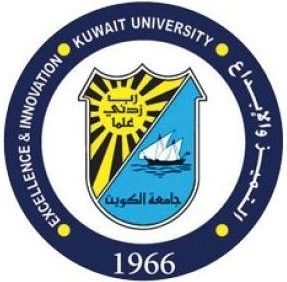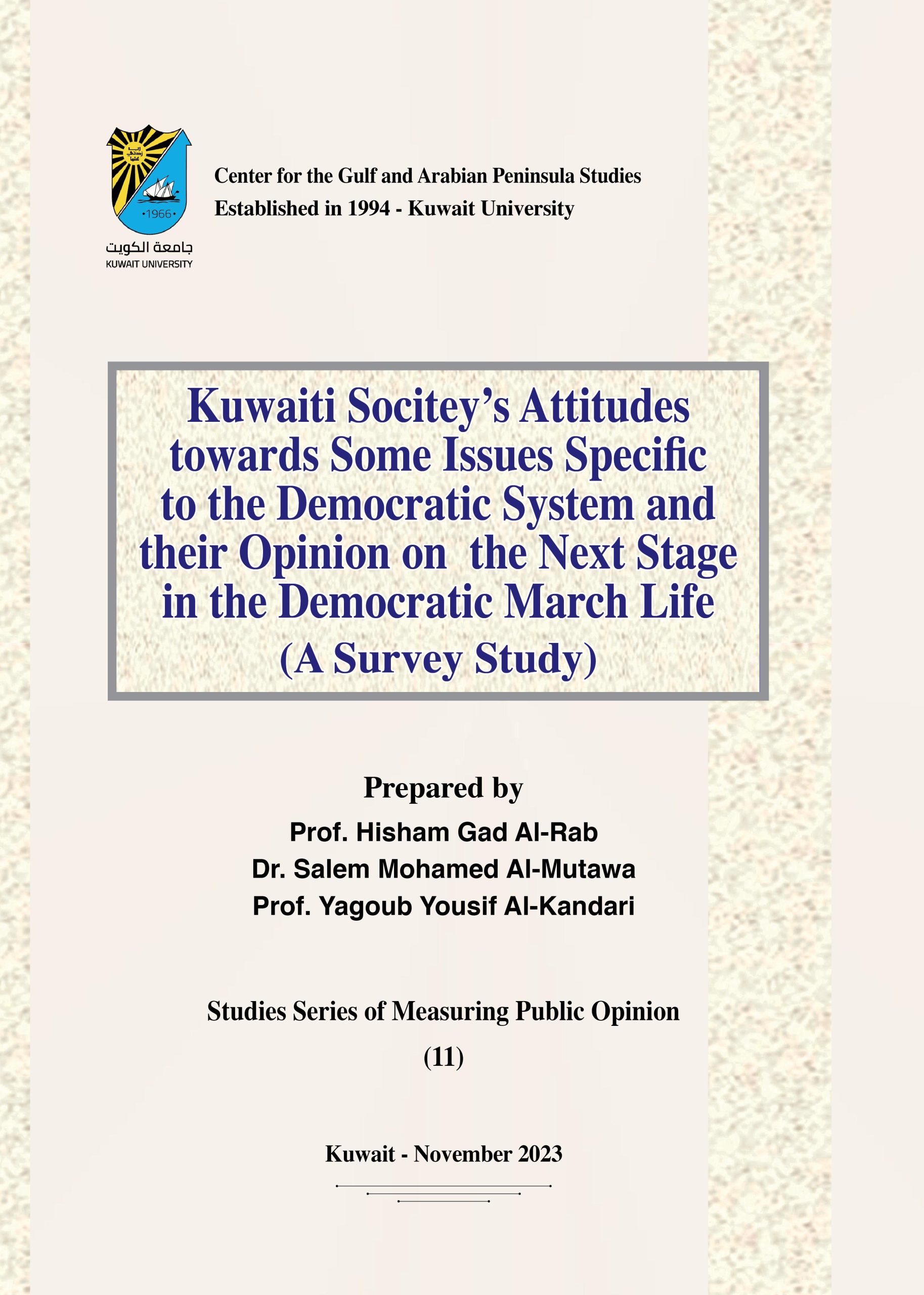The primary objective of the study reflects the measurement of Kuwaiti Citizens towards the democratic process. As well as determining their optimism or pessimism in the future of the democratic process and linking it to certain socio-demographic variables. The sample of the study consisted of 1435 researchers from Kuwaiti society, and the results of the study showed the following: Kuwaiti citizens feel that there is a political crisis affecting the social aspects of society and that there are negative feelings of frustration and pessimism about the future of the democratic process. With increasing political discourse based on loud and emotional voice, this is at the expense of logic and wisdom, but hope and optimism remain at stake to save the situation. In terms of the relationship between political orientation and perception of political affairs, participants who classified themselves as Islamists were more positive in their view than liberals and independents. While, liberals had a higher negative outlook than independents. They did not differ from Islamists and the degree of weakness of political culture was higher for independents than for Islamists. In terms of the relationship between the level of education and perception of political affairs, the results were as follows: participants from the pre-university level are more positive compared to undergraduate and postgraduate studies. While the negative perception was higher in the sample members of postgraduate qualification campaign than pre-university and undergraduate. The weakness degree of the political culture was higher in postgraduate studies than in undergraduate. Participants from Al-Jahra and Al Farwaniyah governorates were higher in the positive view compared to Hawally governorate. While the negative view was higher in Hawally than Al-Jahra and Al Farwaniyah. There were no differences in the factor of weak constitutional culture between the governorates.
Hits : 1013
